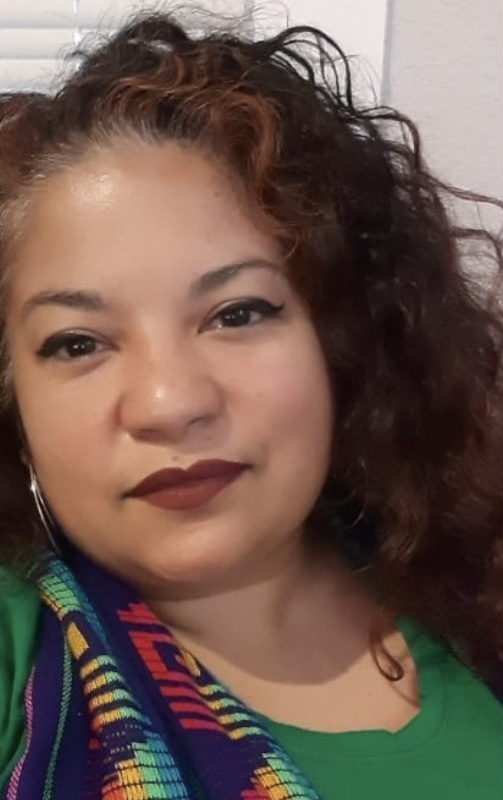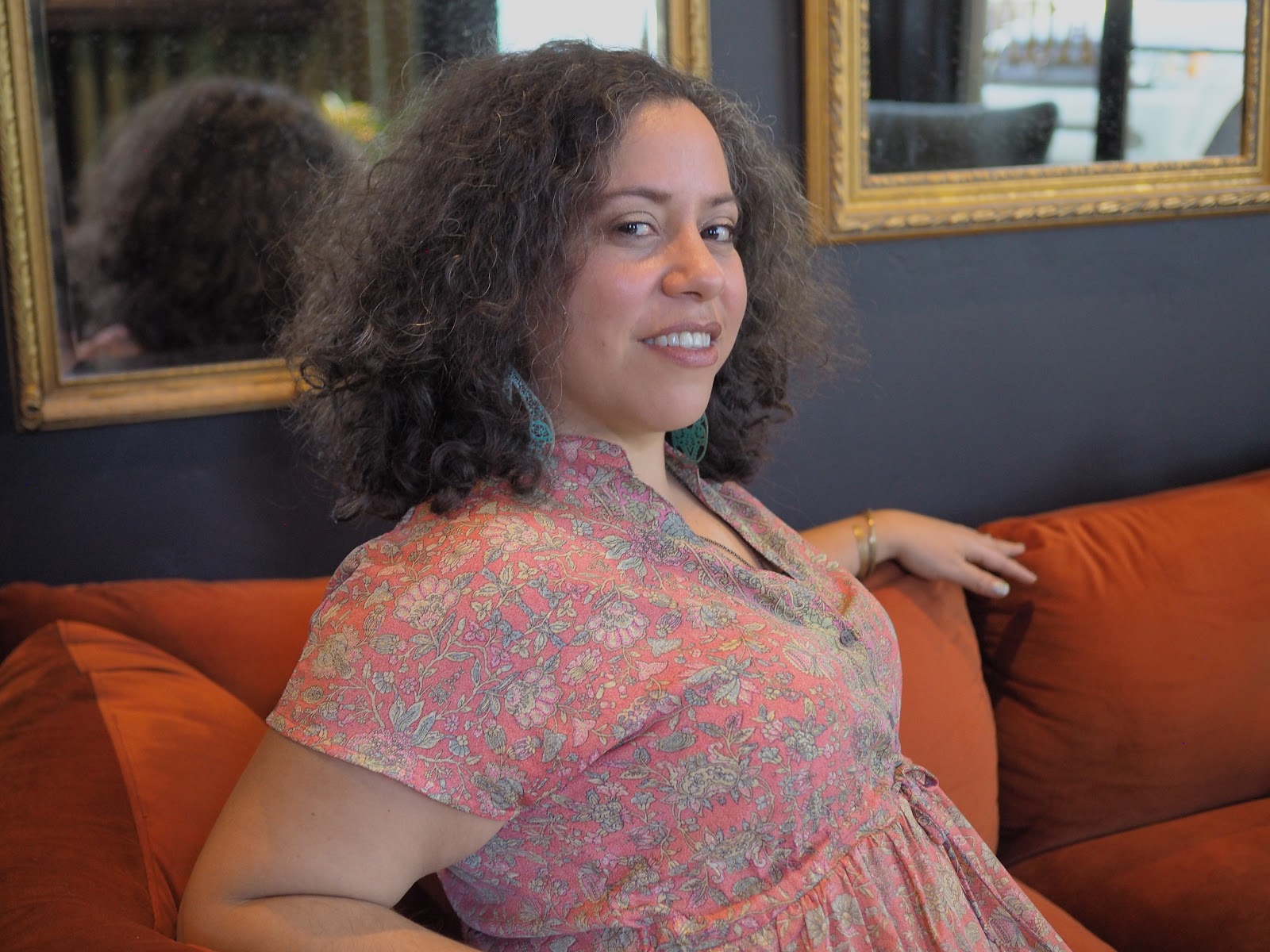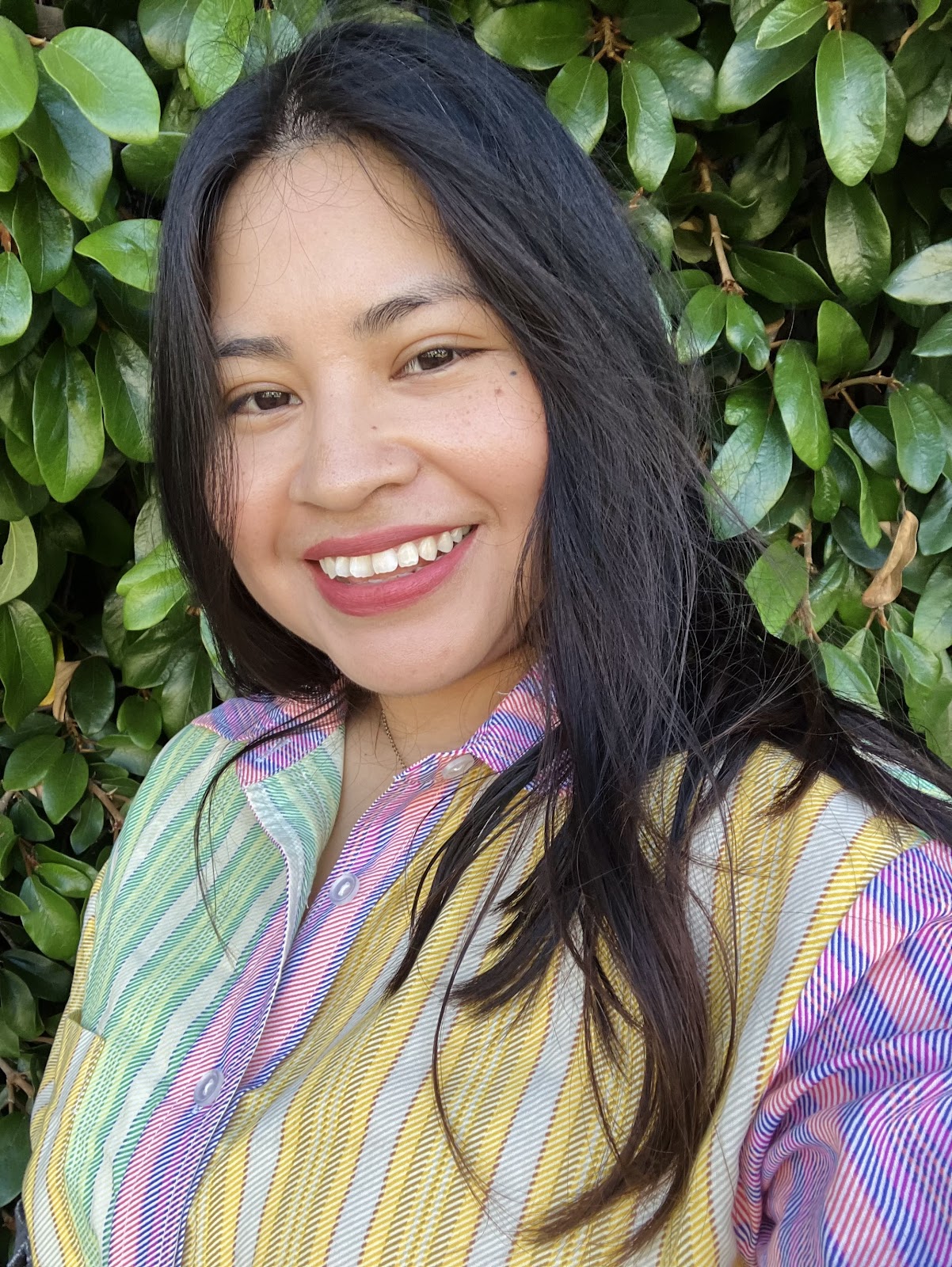 |
| Faces of experience, full of surprises |
Life isn’t
so cut and dry, black and white, or as clean as we think. Like history, life gets messy,
disorganized, not at all as orderly as the books, newspapers, and movies teach
us, no matter how much we’d like to believe it, the way I was reminded this past
Saturday.
My friend, Samuel (think of it in Spanish), called a few weeks ago. I hadn’t spoken to him in a long time, years, in
fact. We’d been neighbors growing up, he and his brothers. We spent hours
together, after school and in summer, often strumming our guitars, learning the
newest songs, Sam, the perfectionist, leading the way.
Sam said
he’d talked to another friend, Vic Diaz, now pushing his eighth decade of life, a musician, and musical role model. Sam told me Victor wanted to get
together. So, this past Saturday, Sam, his brother George, a close childhood friend,
Thom, and I met Victor and his two adult sons at a popular restaurant, La
Talpa, I think the oldest on L.A.’s Westside, still cooking up homemade meals,
albeit, at 2024 prices.
Sawtelle, our
hometown, nestled between Santa Monica and Westwood, its eastern edge bordering the now defunct Southern Pacific Railroad, along Sepulveda boulevard, housed Mexicans, Japanese, and refugees from Oklahoma, who worked the fields and
developed the land into what would become L.A.’s powerful “Westside.” Today,
Sawtelle and neighboring Santa Monica and Culver City are home to major tech and entertainment
companies, like Google, Universal, and Sony.
As kids, we
were old enough to see the last farms and vacant lots disappear, our
grandparents, and, in Thom’s case, ancestors who go back to the 1780s, provided
much of the labor. One thing we all had in common was music. We picked up our
first guitars in the 1950s. Victor, Thom, and I had spent a lot of time in bars
and nightclubs in the early ‘70’s, playing in bands around town. Victor had
been at it even longer, starting out in the late ‘50s, at sixteen, a hopeful
follow-up to Ritchie Valens, after the Pacoima’s singer’s tragic death.
I last saw Victor
about fifteen years ago, when I visited him at his home in the San Fernando
Valley, where he moved to more fertile ground, and a bigger house, come to
think of it, where most of our friends moved after abandoning the “pricy” Westside,
except for the few sojourners who headed out to the hinterlands of Santa
Clarita, to the north, and Rubidoux, to the south, where the senior citizens homes are
adjacent to golf courses.
George,
Thom, and I are still hanging on to the old hunting ground, staking our small
claims of land, the 405 having replaced the Southern Pacific back in the 50s.
Much in town is still the same, the geography, street names, neighborhoods, and
some older structures, but much more has changed, the new modernist
architecture, mega-homes and businesses, the people, and, most importantly, the
culture, the feeling of smalltown America gone, not unlike Lalo Guerrero’s song
“Barrio Viejo,” on the Ry Cooder-produced album, Chavez Ravine.
Yet, truth
be told, our community was never a barrio, not in the strictest sense of the word, just a homey suburb, our friends from different ethnic groups. Oh well, at
least the weather is a constant 75 degrees much of the year.
I have a
vague recollection of Sam and I visiting Victor at his parents’ home in our
early teens. I think I was barely twelve, after Ritchie Valens death. That was
how we measured time. “When did Ritchie die?”
At sixteen, Victor had signed a record contract with Del-Fi
Records, Ritchie’s label. To us, that was a big deal. Ritchie had been like a god. We
knew about Del-Fi Records and Bob Keene, its founder, Ritchie’s manager, agent,
producer, and mentor. I mean, we were addicted to music.
There were
no record stores in those days anywhere close to home. Department stores had
record sections. So, Sam, Thom, and I would jump on the bus and go to Desmond’s, in Westwood,
Henchey’s, in Santa Monica, or when we were really adventurous, Wallach’s Music
City on Sunset and Vine, in Hollywood, ogling the records and musical
instruments, barely having enough money to buy one 45, or an album.
Of course,
we all had Ritchie’s first album, distributed January 1959, and we devoured
the liner notes on the back, memorizing every word, especially the magic words,
“Ritchie…singing and playing,” repeated a number of times, the words drilled into
our young heads. A month later, in February, he was gone. We were crushed. You know when
people ask, “Where were you when you learned so-and-so died?”
With
Ritchie, I was outside fetching the morning newspaper for my dad. There it was
splattered across the front page, accompanied by photos of the grisly plane
crash. My life changed that day, or as Don McClean would say it poetically, "The day the music died."
I have no
idea how I knew Victor, one of the older guys, my cousin’s age, but I did.
Maybe it was because I played baseball at the park with his younger brother
Tino, or that we’d all gone to the same local schools. I recall Victor had a
back room in his parents’ home. He welcomed us with his big smile, a deep dimple on each cheek, and a magnetic personality.
He sat
playing his guitar. On his bed were photos and records, mostly 45s. He showed
us his demo record, “For Eternity” and "Your Momma said No," the ones he’d played for Bob Keene. Victor
kind of looked like Ritchie, light skin, bright eyes, pompadour haircut, and wide charming
smile. So desperate was Keene for another Ritchie, he saddled Vic's first 45 with the name "Vickie" Diaz, a death knell for any serious rocker.
We’d never lost touch over the years, not completely. I’d ask someone, “You
heard from Vic Diaz?” After a few calls, someone would, inevitably have his
phone number.
When I
walked in through the front door of La Talpa restaurant, Victor and his sons
were coming in through the back. Pushing a walker, as support from an accident and less from old age, Vic had let his hair
and beard grow long and white, years ago, so he hadn’t changed much. Under his white Panama hat, he
smiled, the familiar dimples brightening his face, turning him, once again,
into a sixteen-year-old, the girls, of all ages, hot on his trail.
When his solo career stalled at the launching pad, Victor, along with two high school friends, Tony Minichello and Manuel Sanchez,
in the mid-1960s, formed, first, the Matadors then the Sinners, where
they appeared on television each Saturday night as the house band on the dance program
Hollywood A-Go-Go.
 |
| The Sinners, Manuel Sanchez, Tony Minichello, and Vic Diaz (top) |
The trio settled
into playing at various nightclubs in Hollywood, like PJ’s, Ciro’s, Gazzarri’s,
and the Rainbow Room, following the Johnny Rivers, Trini Lopez, Pat and Loly Vegas
(later AKA Redbone) circuit, but the Sinners never had the one “hit” to crack into the
big time. Then, it was over. The Beatles, Eric Clapton, the Doors, and the Buffalo Springfield entered the scene and changed the world of rock.
With old
friends, it takes only minutes before you’re in that time zone where the world
melts away, everything that was important an hour ago, now, makes no
difference, only the present matters, and if that means moving into the past,
for fun or for clarification, so be it. After a quick catch-up chat, we started asking Victor about
recording with Bob Keene, Ritchie’s manager, a lot having slipped our minds over the years. His memory as sharp as if it was all yesterday, Vic said when Keene first played his demo, he liked it and wanted to sign him, but Keene needed to talk to Vic’s
mom and get her permission. At sixteen, Vic was a minor, and he said he learned quickly, the "industry" was as much about the quick buck as the music.
We got
into discussing the process, the recording. Did Vic have a band when he recorded with Keene? No. He used studio musicians,
the same ones Ritchie used, Carol Kaye on bass and guitar, Earl Palmer on
drums, and Rene Hall, lead guitarist and arranger. It turns out, self admittedly, Vic wasn’t that great a guitar player. He only knew a handful of chords, but like with
Ritchie, Keene was looking for a “character” to promote and not just a musician.
Hell, Kaye, Palmer, and Hall, who would later become the Wrecking Crew, master musicians, would back up the Monkeys, the Beach Boys, Jan and Dean, the Righteous Brothers, and a host of others. They were the real professionals.
Victor
said, “Rene Hall played lead on a lot of Ritchie’s songs, like “Come on, Let’s
Go.” He went on to say that Ritchie was good, better than most guitarists his age, but he was just a kid. In the
studio, the professionals made all the musical decisions. The management made
all the business decisions. Victor laughed when he saw the lost expression on
my face. I asked, dumbfounded, “Ritchie didn’t play lead?”
I looked
over at Thom, a sound musician in his own right, an artist who drew the Lion
King for Disney, as well as other characters, nodded, and smiled. “Is that
true,” I asked him?
Thom confirmed it. Rumor has it, Keene and Rene Hall were the brains behind Ritchie’s music.
Apparently, when a company is putting up thousands of dollars to record and
promote an artist, it doesn’t give artists a lot of leeway, especially a sixteen-year-old. Oh, Ritchie wrote
many of his songs, and it was his musical vision the musicians were capturing,
but ultimately, it was a collaborative effort. I thought, but what
about each time I read in the cover notes on the back of Ritchie's albums, “Ritchie Valens…singing and playing”?
Vic told us
none of it was cut and dry. Recording was often an amalgamation of talent, like with Jan Berry and Dean Torrance (Jan and Dean), who attended Emerson Junior High and University High School with Manuel and Tony. They were in the school club, the Sirs. Vic was the youngest. “Jan
paid us $50.00 a session to sing backup on their songs, like Surf City, Dead
Man’s Curve, Little Old Lady from Pasadena. Fifty bucks was a lot of money back
then.” Turns out there were a lot of takes and other backup singers.
Vic
remembered a piano player out of Oklahoma playing on those early tracks. The name
slipped his mind. He described the guy, who made it big in the 70s. Turned out it was a young Leon Russell.
Brian Wilson even wrote some of Jan and Dean’s early songs, sometimes arguing who would record what, Wilson wanting to save the best for the Beach Boys. As Vic told it, Jan knew music, was
a good arranger, but didn’t have all that great a voice, and often lip-synched
when they performed. I guess my mouth dropped again. Vic laughed. “That’s how
it worked.”
When I got
back home, I pulled out my old Ritchie Valens albums and turned to the back cover, to
see the names of the musicians on the recording. Surprise! No musicians’ names, only Ritchie’s, as if he had done it all.
No wonder for all these years I believed, something like, Ritchie went into a
studio “played and sang,” which he did, but, to me, my younger self, that meant
playing all those really “cool” lead guitar riffs, those I knew in my head, note
for note, the ones that inspired Los Lobos David Hidalgo’s guitar leads in the
movie, “La Bamba.”
Since no musicians were listed on the album, I googled the names who played on Ritchie’s
albums, never considering there was anyone but Ritchie. Sure enough, just like Victor and Thom said, it was the early version
of the Wrecking Crew, much credit given to Rene Hall, but not always. Some Google contributors said, for his age, 17, Ritchie was a good guitar player and most likely
played lead on La Bamba; though, some insist it was Carol Kaye's guitar licks on La Bamba. In other words,
much is lost, and no one knows for sure who played on what record, except, “Come
on let’s go,” definitely, Rene Hall.
So, what do we know for sure? What’s true in music and in life? I streamed Ritchie playing,
“Come on let’s go,” “La Bamba,” and “Ooh, my head.” Man, such good music, real rock 'n roll, before Phil Spector's cellos and violins, and Ritchie’s
voice ringing true, the same in all his songs, with passion, teenage angst, and duende (soul). That’s
all that matters, I guess, the finished product.































